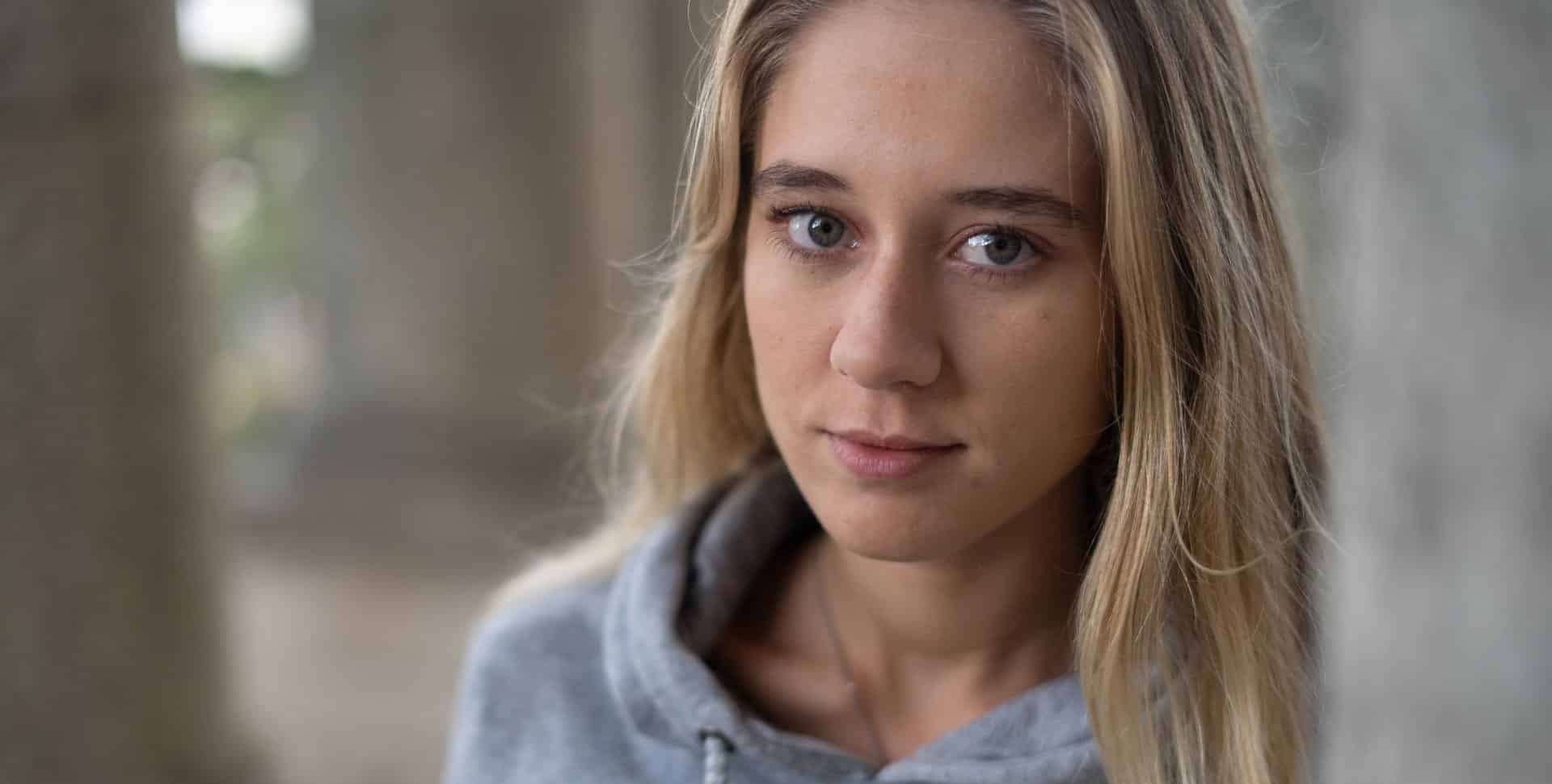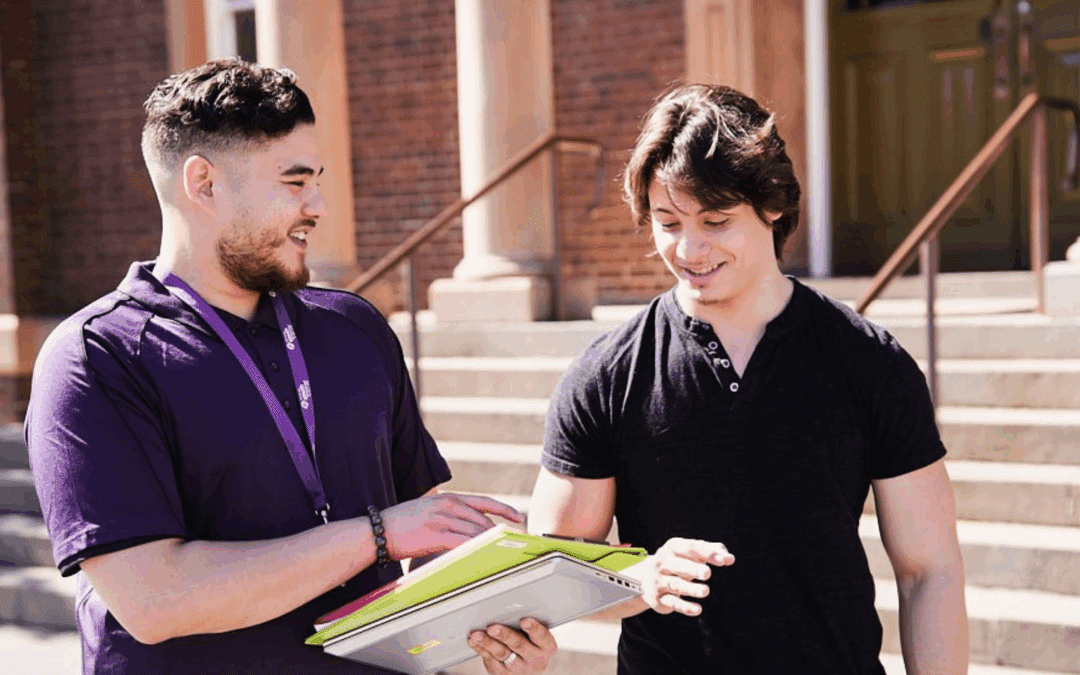Young people who experience domestic and family violence (DFV) can be impacted in every area of life, from mental health and physical wellbeing to their ability to finish their education or find a job.
DFV also increases their likelihood of experiencing homelessness.
Connie Azzone – our Team Leader Casework Specialist Homelessness Services (SHS) at the Inner West Homelessness Youth Service (IWYHS) – sees the consequences of DFV on young people firsthand.
To mark DFV Prevention Month, we sat down with Connie to learn more about supporting young people who have had their lives disrupted by violence at home.
Around 95% of the young people who ask for help from IWYHS have experienced DFV. Can you tell us about the connection between DFV and youth homelessness?
If someone is escaping a home where there’s DFV and they can’t secure accommodation, that essentially makes them homeless.
Sometimes, the young person isn’t comfortable reaching out to family – because they’re embarrassed, or people don’t know what’s going on in the home. It’s easier for them to reach out to friends and sleep on their couch, which isn’t sustainable for long.
When these young people leave home, they often don’t take any formal identification documents with them. The abusive parent might withhold their ID or say, “Come back home and I’ll give it to you”. It’s a manipulative form of DFV that can stop them from accessing Centrelink and financial help.
How does DFV affect young people?
DFV affects young people emotionally, mentally, physically, spiritually and cognitively.
Often, they’re fearful. They’re isolated. They’ve got PTSD. They can develop unhealthy attachments to other people, chronic mental health issues and drug and alcohol dependencies – all because they can’t deal with the impact of what’s happened.
How does DFV impact the relationships that the IWYHS team attempts to build with these young people?
You always approach a young person for who they are, and where they are at in their life.
I’m a big advocate for diversity within our casework team, because some young people will form a better connection with one person over another. The more we can engage and build rapport with them, the better the outcomes are going to be.
Some young people come to us vulnerable and traumatised. They will probably be resistant to accepting help because there’s no trust. If the people who were the closest to them in life can hurt them, what’s to say other people outside of that family circle won’t hurt them as well?
At the end of the day, some will walk away and some won’t. For some young people, their family is all they’ve got. They keep going back because, by leaving, they lose that connection.
What are some major lessons you’ve learned from working with these young people?
I’ve learned that young people can be very resilient.
Resilience is about enduring what has already happened, but still having the perseverance to continue.
You see so much courage in these young people who don’t give up.
Some may regress. They might not choose to take the offer of help this time, in the way that we as caseworkers think would be useful to them. They may not be ready to achieve their casework goals, which are identified needs that we create in agreement with the young person.
Sometimes, if a young person isn’t progressing, that’s just where they’re at. It may not be this time, but maybe next time. They’ve left knowing that the crisis accommodation and the casework support are still here. So, when they’re ready to re-engage it doesn’t take much to re-open their file and get in contact with them again.
Do you have any advice for young people who are currently experiencing DFV?
Please, ask for help to remove yourself from an unhealthy environment.
If you have a family member, friends, school counsellors, teachers, even the police if things are quite severe – reach out to them.
It’s about saying, “I need to get myself out of this situation. I just don’t know how.”
You might think that DFV only happens to other people. You might be embarrassed because you think that you’ll be judged for not leaving sooner. You might think that people won’t believe you because, from the outside, the abuser looks like a really great mum or sibling or partner.
But it doesn’t matter what people think.
DFV can be taught and normalised from generation to generation when people accept things the way they are. But it doesn’t need to be that way.
Find that one person you can turn to, who makes you feel safe, and ask for help.
If you’re facing an immediate crisis, contact the national Domestic Violence Line on 1800 856 463.



